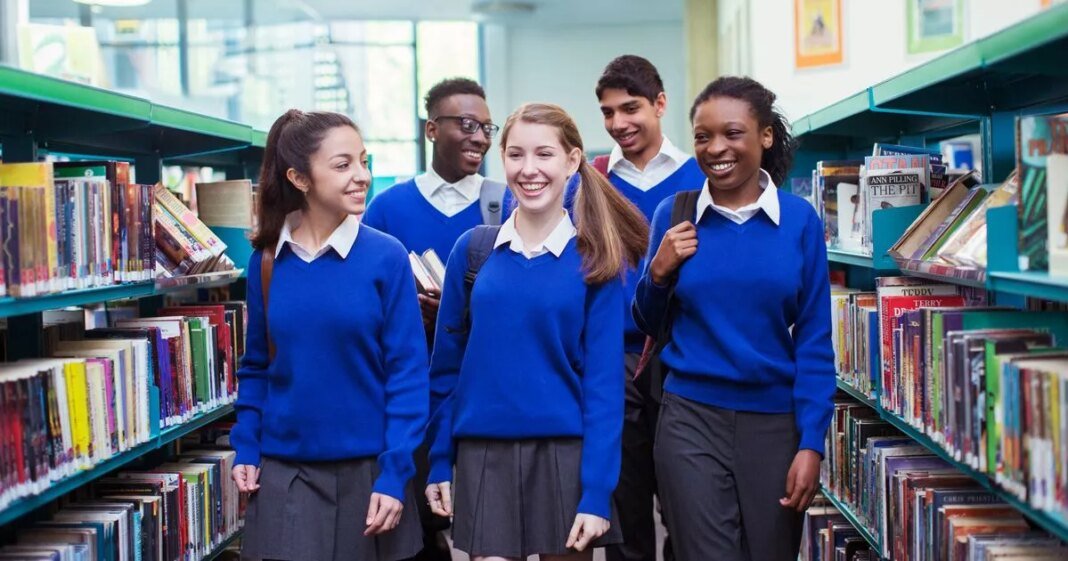The start of September signals the conclusion of summer and the return to school for children and teenagers nationwide, evoking a mix of excitement and apprehension. This transition, particularly challenging for those transitioning from primary to secondary school, can be overwhelming.
Psychotherapist Fahima Ali, founder of Peace by Piece and an expert with over a decade of experience in mental health and therapy, offers valuable insights on how parents can best support their children during this period. Having worked extensively with young people at the onset of her career and subsequently expanding her practice to adults, Fahima, also known as fahima.therapy online, has garnered a significant following by sharing mental health advice and pandemic coping strategies on social media.
Drawing from her background in school placements and counseling sessions, Fahima emphasizes the significance of parents helping children articulate their emotions, particularly anxiety, and facilitating a pre-school “worry dump.” She stresses the importance of advance planning, preparation, and fostering school connections to alleviate morning stress.
The challenges faced by children entering secondary school, such as adapting to a new environment and forging new friendships, can be daunting. Fahima underscores the anxiety stemming from unfamiliar surroundings and the need to cultivate new social circles, especially when transitioning without familiar faces from primary school.
Encouraging parental involvement, Fahima advocates for regular check-ins with children before and after school, prioritizing a calm morning routine and open communication to create a safe space for emotional expression. She highlights the impact of parental stress on children’s emotional well-being and recommends separate emotional regulation spaces for parents and children to manage anxieties effectively.
To empower children during the summer break and prepare them for school, Fahima participated in TikTok’s Summer Skills program, leading Wellbeing Week to educate teenagers on emotional self-regulation and coping strategies in anticipation of the school year.
In conclusion, Fahima’s expertise underscores the importance of parental support, open communication, and emotional regulation in easing children’s transition back to school, emphasizing the need for proactive preparation and fostering a nurturing environment for children’s emotional well-being.



